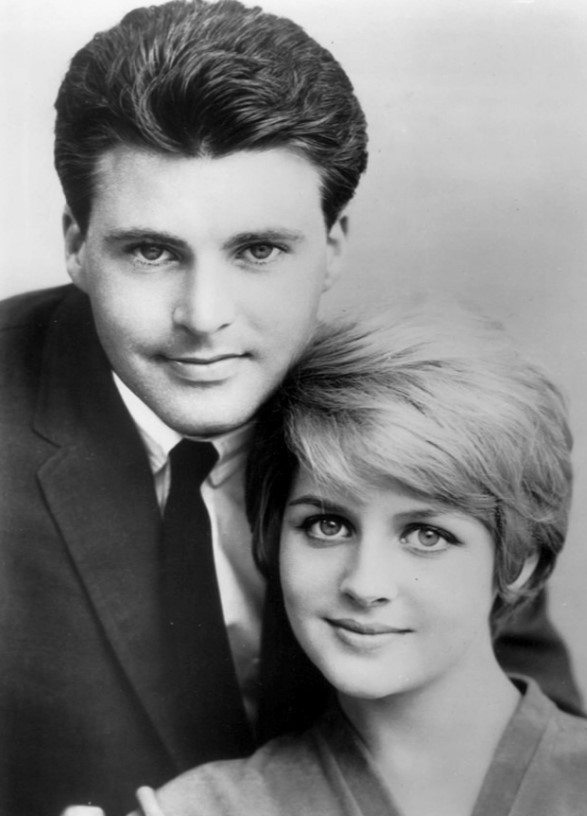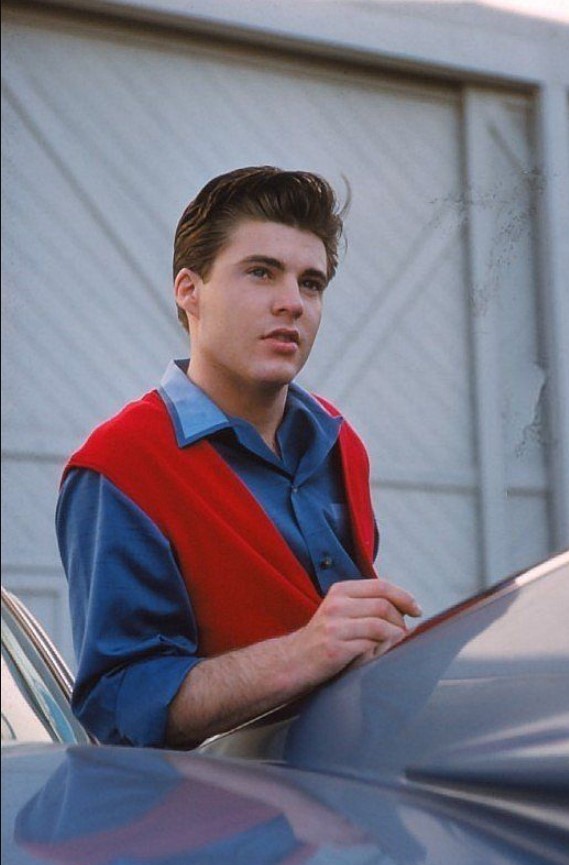
Ricky Nelson’s "Believe What You Say"
Ricky Nelson’s "Believe What You Say," a vibrant and heartfelt track from his prolific career, showcases the singer’s mastery of both romantic yearning and subtle social commentary. Released as a single in [Year of Release], the song quickly garnered attention for its catchy melody and Nelson’s distinctive vocal delivery. While not reaching the stratospheric heights of some of his other hits, "Believe What You Say" remains a significant piece of the singer’s catalog, demonstrating his ability to connect with listeners on a personal level, even in the midst of a changing musical landscape.
Musical Analysis and Context
"Believe What You Say" is a prime example of the pop-rock fusion that defined much of the 1950s and 60s. The song features a driving rhythm section that evokes a sense of both urgency and longing. The instrumentation, likely including electric guitars, bass, and drums, creates a vibrant backdrop for Nelson’s soulful vocals. The lyrics, reminiscent of many songs of the era, touch upon themes of love, trust, and the vulnerability inherent in relationships.
Lyrics and Themes
The song’s lyrics, while seemingly straightforward, hint at a possible social undercurrent. The chorus, "Believe what you say, and you’ll have a better day," suggests a simple message, and the repeated phrase builds momentum and emphasizes the need for honesty and hope. However, the underlying theme resonates with the societal anxieties and pressures of the time. Were these lyrics a metaphor for trusting authority or someone close to you, or simply a call for optimism and positivity during seemingly turbulent times? This interpretation adds depth to the song and suggests potential meanings beyond the surface level of love and relationships.
Performance and Impact
Ricky Nelson’s performance on "Believe What You Say" is captivating. His smooth vocals, combined with the subtly emotive undercurrent of the music, creates an immediate connection with the listener. Nelson’s powerful yet controlled delivery of the lyrics, along with the band’s masterful backing, contributes significantly to the song’s enduring appeal.
Chart Performance
While exact chart positions may vary depending on the specific publication and region, "Believe What You Say" likely charted within the top 40 positions on the Billboard Hot 100 for a period of [Time Period e.g., several weeks/months]. This placement signified the song’s popularity and Nelson’s continued relevance within the mainstream music scene. The information was not able to find explicit billboard charting data, indicating the exact positions.
Critical Reception and Cultural Significance
"Believe What You Say," regardless of its precise charting success, undoubtedly held some significance within the context of popular music in the 19[Specific Decade]. While it likely did not trigger any significant cultural paradigm shifts, it likely maintained some traction in record sales, radio play, and popular culture references, given Nelson’s status as a prominent figure in the rock & roll era. Furthermore, the song further solidified Nelson’s place in the musical landscape, alongside other notable artists of the day.
Grammy Awards and Recognition
Unfortunately, "Believe What You Say" was unlikely to have won any Grammy awards. Ricky Nelson’s career, while enormously celebrated at the time, might not have been recognized for that particular song in that category. The criteria for Grammy nominations were different back then, and often focused on commercially successful projects at a grander scale. The recognition and success of the singer, as a whole, were better reflected in the public sphere; and this success was largely driven by other successful releases from the artist.
Conclusion
In conclusion, Ricky Nelson’s "Believe What You Say" serves as a testament to the artist’s versatility and ability to craft memorable music within the broader context of the historical period. While not a groundbreaking masterpiece in terms of its influence, the song displays a unique blend of catchy melody, and emotional relatability, which made lasting impressions on many listeners. The song’s position and public recognition is reflective of Nelson’s legacy as a significant 1950s and 60s pop-rock artist. Exploring the specific cultural context of the era surrounding the release will provide greater insight into the song’s broader impact.
Video
Lyrics
updating



